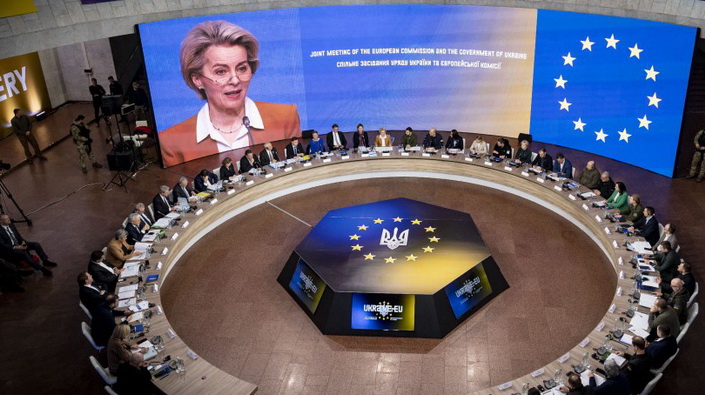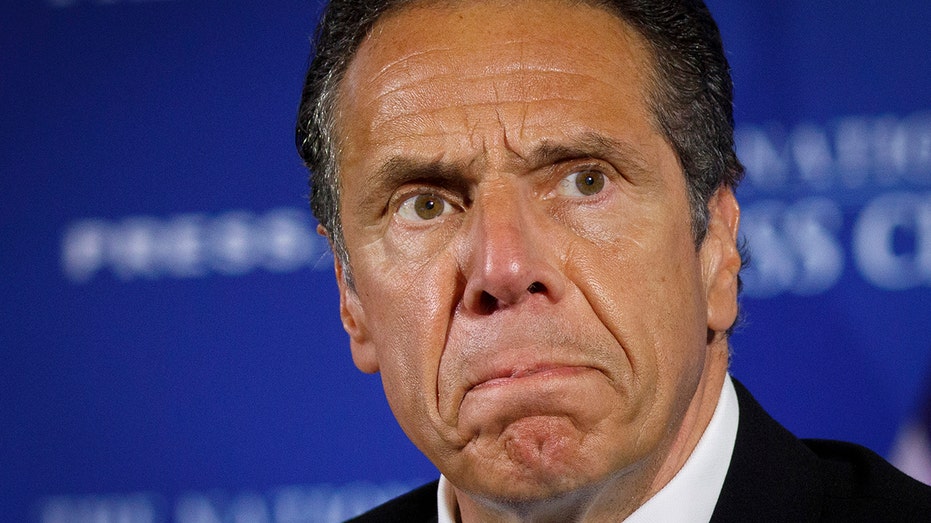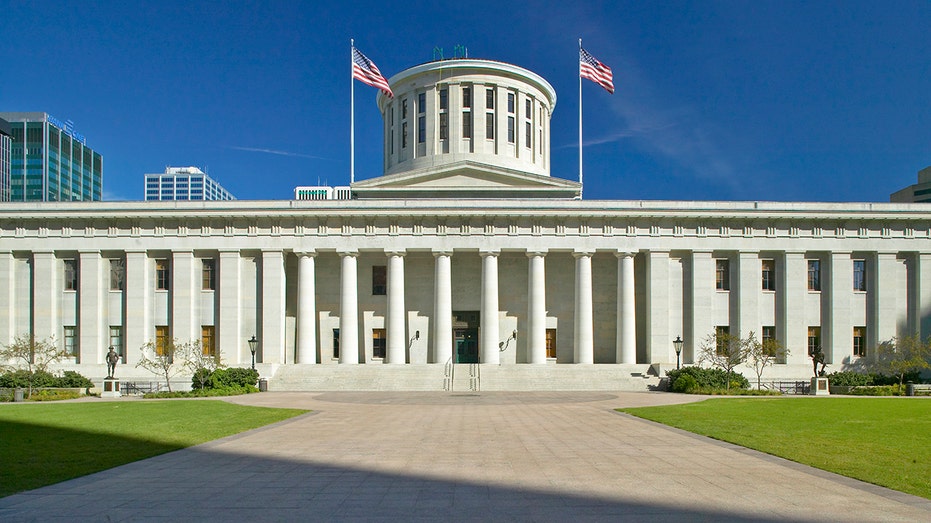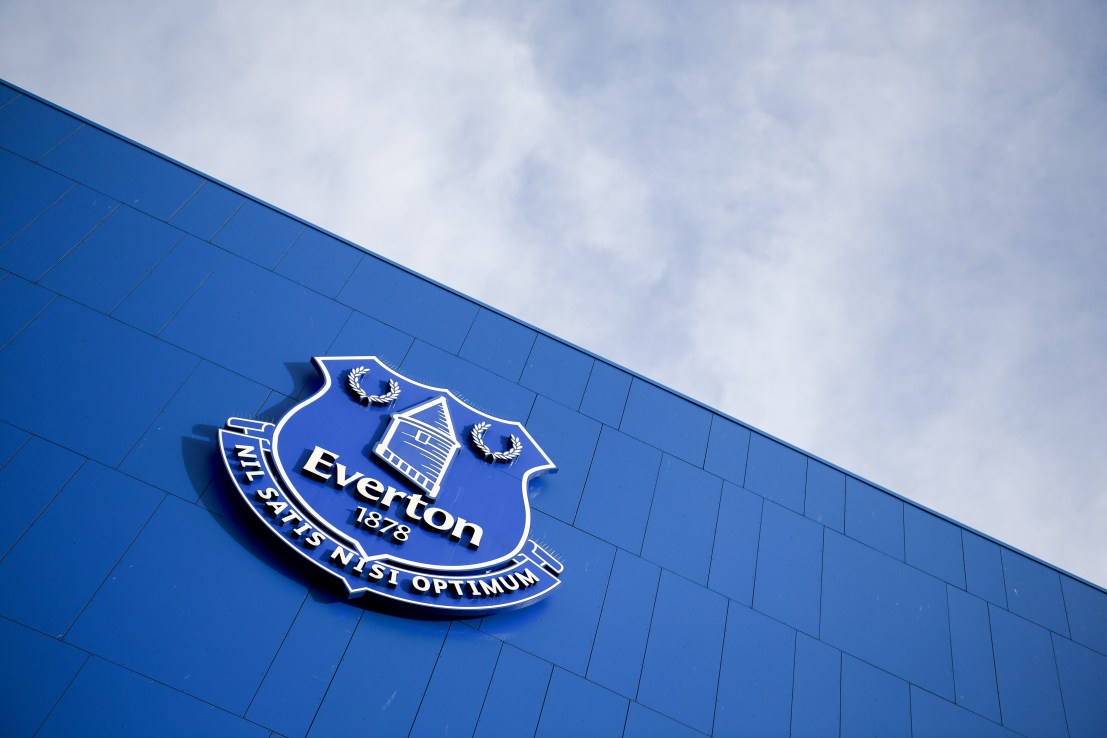Russia poses an existential threat to Europe, warns President of European Commission Ursula von der Leyen
Von der Leyen affirmed Europe's unwavering support for Ukraine and urged EU member countries to remain steadfast in their solidarity in the face of Russian aggression.


On 24 April, President of the European Commission Ursula von der Leyen said the bloc cannot overlook and overstate that Russia poses an existential threat to Ukraine and Europe during the European Parliament formal sitting on the 20th anniversary of the 2004 EU Enlargement.
The president of the European Commission said that Russia’s victory over Ukraine would not only change the map but would change the course of European history, and the bloc would never be the same. Therefore, it’s vital for the EU to help Ukraine win over Moscow’s occupation troops.
“Ukraine is carrying that heavy burden on its shoulders for all of us, and it is paying the ultimate price every day for that. We have seen the devastating attacks on Ukrainian infrastructure and the difficult days on the battlefield.
My friends, there is only one way to face up to this. There is only one language Putin understands. And that is providing Ukraine with means to defend themselves,” emphasized Ursula von der Leyen.
According to the president of the European Commission, the recent $61 billion military assistance from the US and aid packages from the EU serve as an encouragement for the bloc to do even more.
“For Europe to win the future – just as it did 20 years ago – Ukraine must win,” the official said.
The same day, the EU Commission disbursed the second installment of exceptional bridge financing to Ukraine under the Ukraine Facility, amounting to €1.5 billion.
“The disbursement follows the positive assessment by the Commission of the agreed policy conditions linked to reforms in the area of judiciary, anti-money laundering, public finance management, business environment, and agriculture, as well as reporting requirements to ensure the transparent and efficient use of the funds,” said the EU Commission’s statement.
A general precondition for support under the Ukraine Facility that will ensure that Ukraine can continue to keep the state and essential services running for the population while fighting back against the aggressor is respect for effective democratic mechanisms.
On 1 March, the Ukraine Facility, which foresees up to €50 billion of stable financing in grants and loans to support Ukraine’s recovery, reconstruction, and modernization from 2024 to 2027, entered into force.
Under the terms of the agreement, up to €32 billion is indicatively earmarked to back reforms and investments in the country set out in the Ukraine Plan established to implement reforms.
“We will work closely with the Ukrainian authorities to ensure the implementation of the Ukraine Plan, which I expect the (EU) Council to agree on swiftly. This will pave the way for regular and predictable disbursements under the €50 billion Ukraine Facility,” claimed President of the European Commission Ursula von der Leyen.
She added that Europe remains united in its support for Ukraine and called on the EU member countries to continue standing resolute with the country and provide assistance to deter Russian aggression.
- Ukrainian Prime Minister: Ukraine aims to start EU accession negotiations no later than June
- EU set to unlock €50 billion in aid following endorsement of Ukraine’s reform plan
- Armenia deepening relations with US, EU, considers joining EU, FM says
- “Historic moment” as European Council decides to open accession talks with Ukraine
- Europeans largely welcome Ukraine’s EU membership bid – polls
- Breaking: EU recommends opening talks with Ukraine on accession to bloc
- Overwhelming majority of Ukrainians support Ukraine’s membership in NATO and EU – poll
- Ukraine’s rapid EU accession impossible – former EU Commission President
- 58% Ukrainians support joining EU, 54% in favor of NATO, IRI Ukraine poll shows (2021)
- Ukraine plans to join EU within next two years – Ukraine’s PM
- Ukraine in the EU: utopia or reality? (2014)
You could close this page. Or you could join our community and help us produce more materials like this.
We keep our reporting open and accessible to everyone because we believe in the power of free information. This is why our small, cost-effective team depends on the support of readers like you to bring deliver timely news, quality analysis, and on-the-ground reports about Russia's war against Ukraine and Ukraine's struggle to build a democratic society.
A little bit goes a long way: for as little as the cost of one cup of coffee a month, you can help build bridges between Ukraine and the rest of the world, plus become a co-creator and vote for topics we should cover next. Become a patron or see other ways to support.



